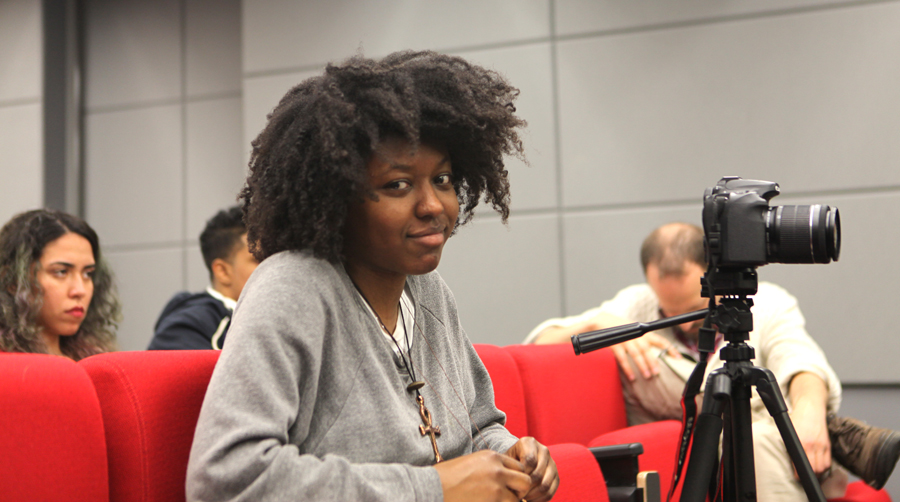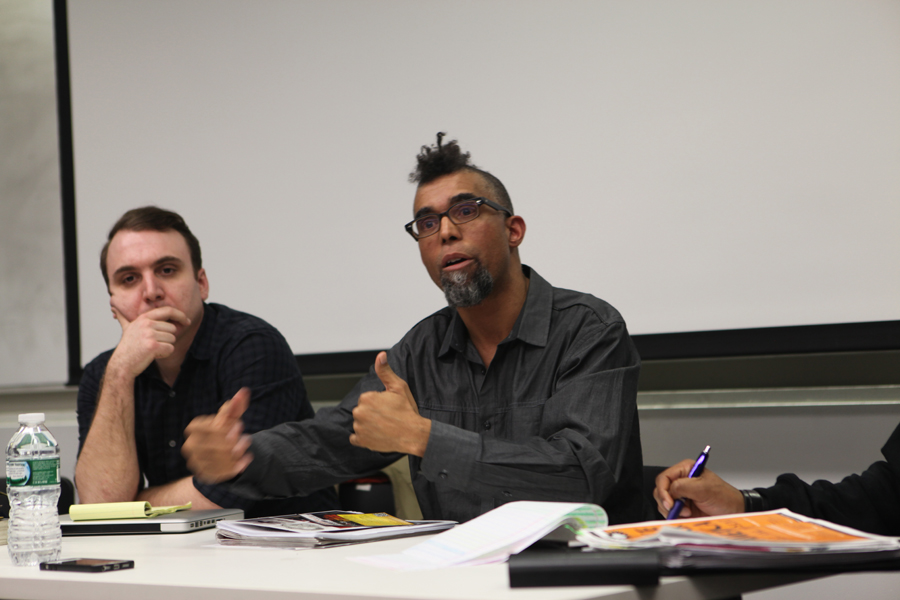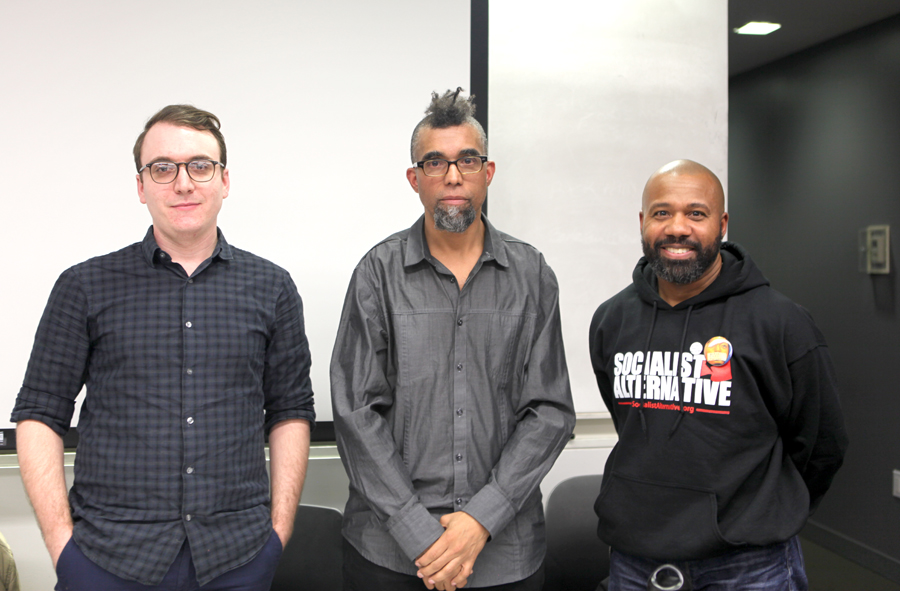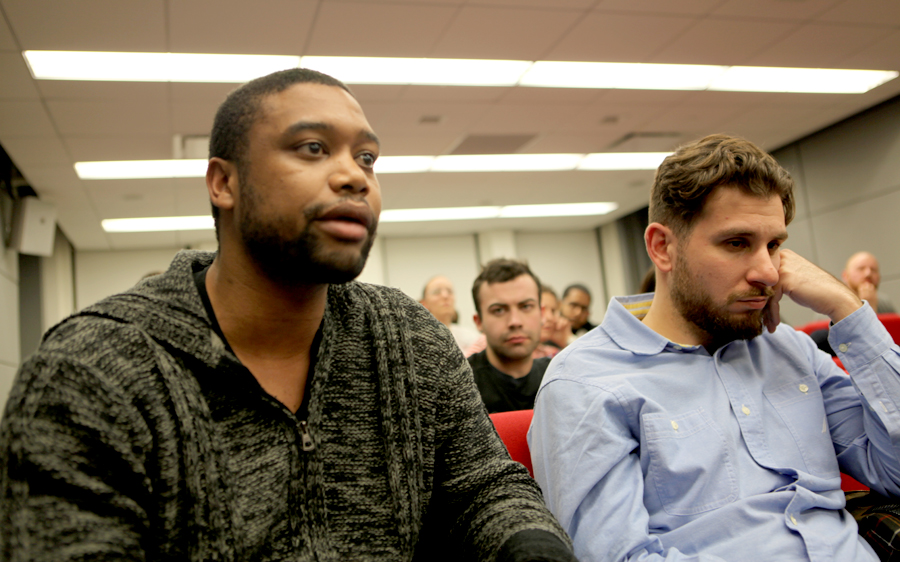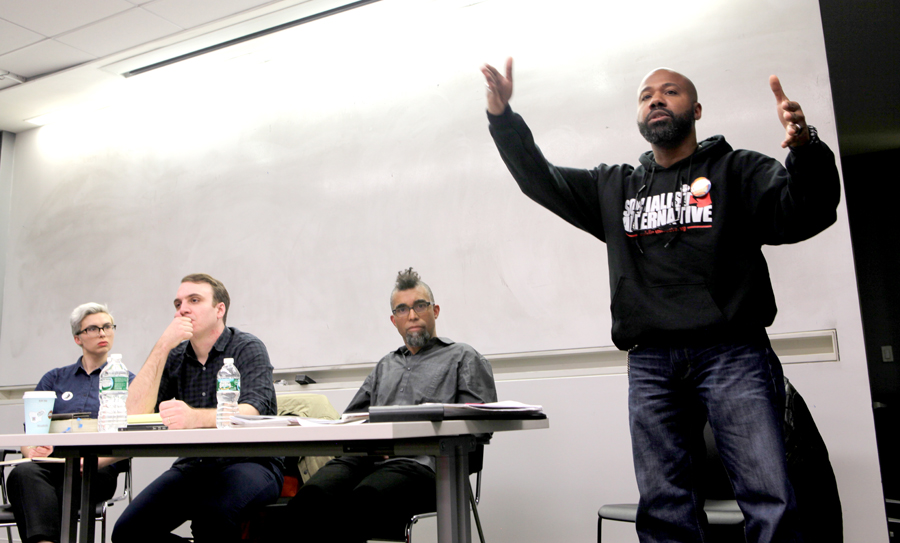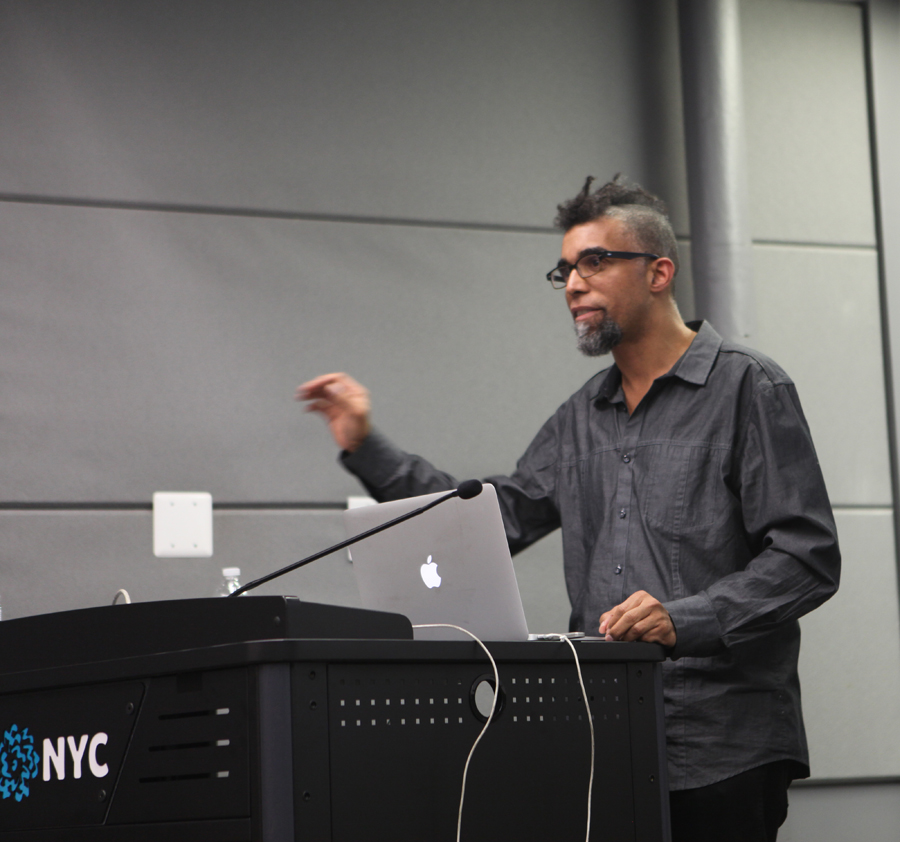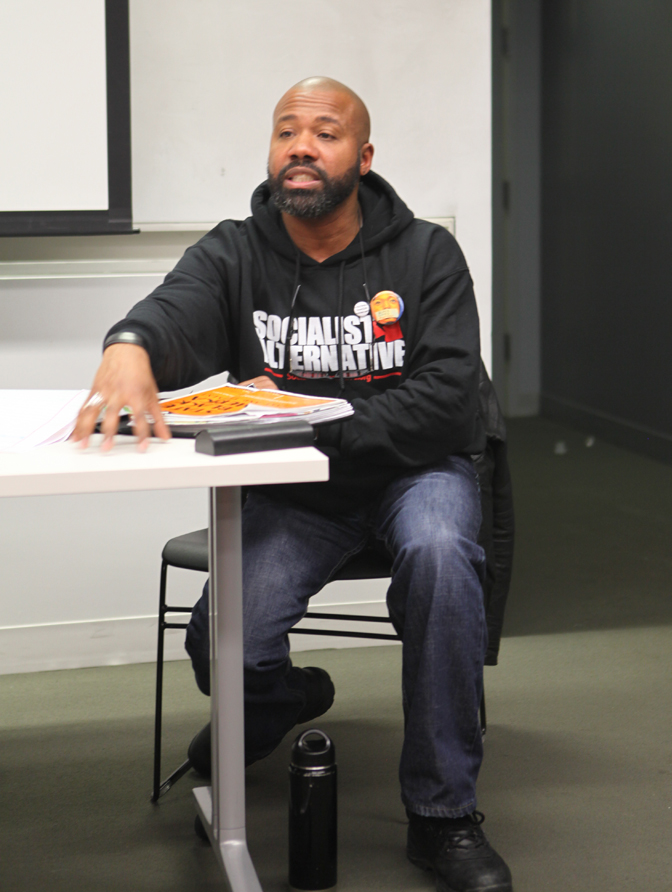A discussion on the crisis of neoliberalism, held on February 18, 2017 at the University of Vienna, as part of the third annual Platypus European Conference.
An edited transcript of the event was published in The Platypus Review Issue #96.
Speakers (in order):
Chris Cutrone - Platypus Affiliated Society; School of the Art Institute (Chicago)
John Milios - former Chief economic advisor of SYRIZA (Athens)
Emmanuel Tomaselli - Funke Redaktion; International Marxist Tendency (Vienna)
Boris Kargalitzky - Institute of Globalisation Studies and Social Movements (Moscow)
Description:
The Left has for over a generation – for more than 40 years, since the crisis of 1973 – placed its hopes in the Democratic and Labour Parties to reverse or slow neoliberal capitalism – the move to trans-national trade agreements, the movement of capital and labor, and austerity. The post-2008 crisis of neoliberalism, despite phenomena such as SYRIZA, Occupy Wall Street, the Arab Spring and anti-austerity protests more generally, Bernie Sanders's candidacy, and Jeremy Corbyn's Labour leadership, has found expression on the avowed Right, through UKIP, Brexit, the U.K. Conservatives' move to "Red Toryism" and now Donald Trump's election. The old neoliberal consensus is falling apart, and change is palpably in the air. Margaret Thatcher's infamous phrase "There Is No Alternative" has been proven wrong. What can the Left do to advance the struggle for socialism under such circumstances?
In the 1960s the Left faced political and social crises in an era of full employment and economic growth. Departing from official Communism, which had largely supported the development of the welfare state in industrialized capitalist countries, many on the Left challenged the existing political order, of Keynesian-Fordism, through community organising on the principle of expanding individual and collective freedom from the state. Against Keynesian economic demands, many of these Leftists supported the Rights efforts, to integrate formerly oppressed identity groups into the corporate professional-managerial class. Since the 1970s, the significance of the fact that all these aims were taken up, politically, by the Right, in
the name of ‘freedom’, in the form of neo-liberalism is still ambiguous today.
Some on the Left have understood this phase of ‘neo-liberalism’ to be continuous with the post-war Fordist state, for example in Ernest Mandel’s conception of “late capitalism” and David Harvey’s idea of “post-Fordism”. The movement of labor and capital was still administered by the Fordist state. Distinctively, others on the Left have opposed neo-liberalism for over a generation through a defence of the post-war welfare state, through appeals to anti-austerity and anti-globalisation.
How does this distinction within the Left between the defense of the welfare state and the defense of individual freedom affect the Left’s response to the crisis of neo-liberalism? Why has the Left recently supported attempts to politically manage the economic crisis post-2008, against attempts at political change? How can the Left struggle for political power, with the aim of overcoming capitalism and achieving socialism, when the political expression of the crisis of neoliberalism has largely come from the Right, and Trump won the election in November?
For 2017, the third time the Platypus Affiliated Society hosts its European Conference and we are happy to announce the University of Vienna as this year's location. The program includes two panel discussions on the Politics of Critical Theory and the Crisis of Neoliberalism as well as several workshops.
February 18, 2017
University of Vienna
Speakers: Dirk Lehmann und Anne Koppenburger, Bielefeld
A teach-in by Chris Cutrone and Richard Rubin on the legacy of the 1917 Russian Revolution today and the problems of Leftist historiography, held February 17, 2017 at the University of Vienna, as part of the 3rd annual Platypus European Conference.
A discussion on the Politics of Critical Theory, held on February 17, 2017 at the University of Vienna, as part of the 3rd annual Platypus European Conference.
Speakers (in order):
- Chris Cutrone, Platypus Affiliated Society, Chicago
- Martin Suchanek, Workers Power, Berlin
- Haziran Zeller, Berlin
Recently, the New Left Review published a translated conversation between the critical theorists Theodor Adorno and Max Horkheimer causing more than a few murmurs and gasps. In the course of their conversation, Adorno comments that he had always wanted to develop a theory that remains faithful to Marx, Engels and Lenin, while keeping up with culture at its most advanced.’ Adorno, it seems, was a Leninist. As surprising as this evidence might have been to some, is it not more shocking that Adorno’s politics, and the politics of Critical Theory, have remained taboo for so long? Was it really necessary to wait until Adorno and Horkheimer admitted their politics in print to understand that their primary preoccupation was with maintaining Marxism’s relation to bourgeois critical philosophy such as Kant and Hegel? This panel proposes to state the question as directly as possible and to simply ask: How did the practice and theory of Marxism, from Marx to Lenin, make possible and necessary the politics of Critical Theory?
Hosted by the Platypus Affiliated Society in conjunction with
the SVA Black Student Union
Panelists:
Ben Blumberg (Platypus Affiliated Society)
Eljeer Hawkins (Socialist Alternative/CWI)
Dread Scott (Artist)
Moderated by: Allison Hewitt Ward (Platypus)
Introduced by: Tiffany Freeman (SVA Black Student Union)
11th March 2015
School of Visual Arts
136 West 21st Street
Room 418F
The widely publicized killings of black men by
police and the resulting movement with its slogan “Black Lives Matter” puts
back on the agenda of a beleaguered American Left a seemingly perennial
question, one that evokes a long history of struggle, longing, and
disappointment. With a black president in the White House having survived or co-opted the #Occupy Movement, the Black Question seems to pose a return to the old platitude that America is racist. At the same time, precisely because of recent history it seems necessary to resist a complacency that threatens to obscure the precise nature of the present, not to mention an adequate analysis of how the Left got where it is today. Such skepticism would appear doubly warranted in light of the fact that the Democrats seem way out in front of this movement, likely soon to have all the necessary police officials and the black vote duly lined up on their side. Given these circumstances and the dangers of yet another historical round of disappointment, another course in diminishing expectations and demobilization, now would seem an opportune moment to reflect
on how this movement might indeed be transformed into the herald of a genuine revival of the Left here in the United States, where it is so badly needed.

